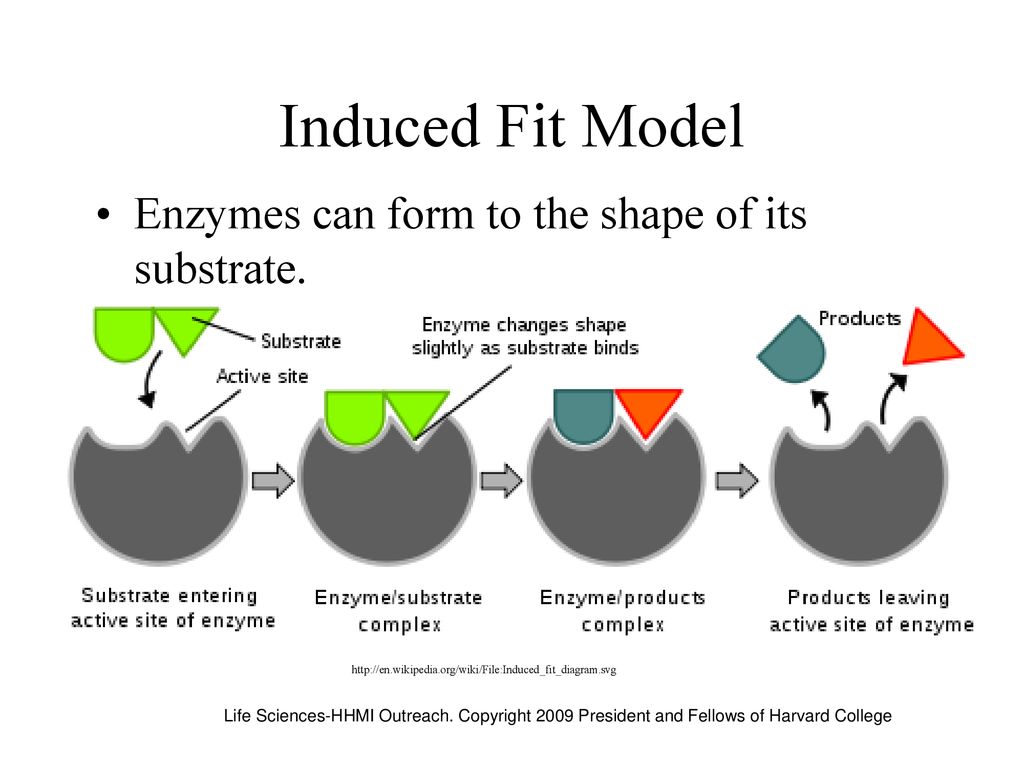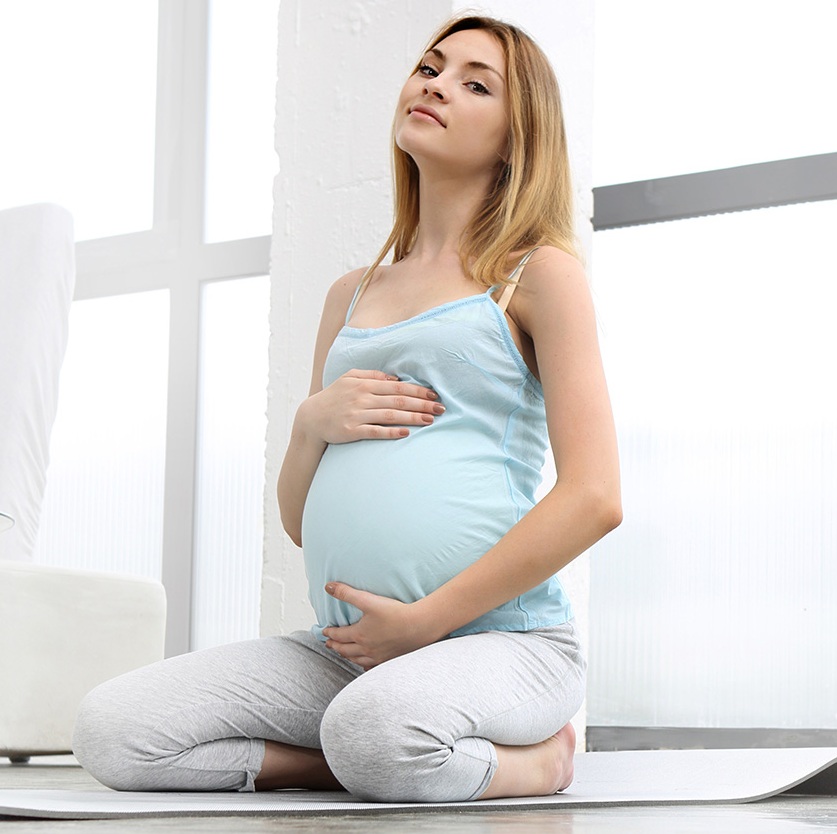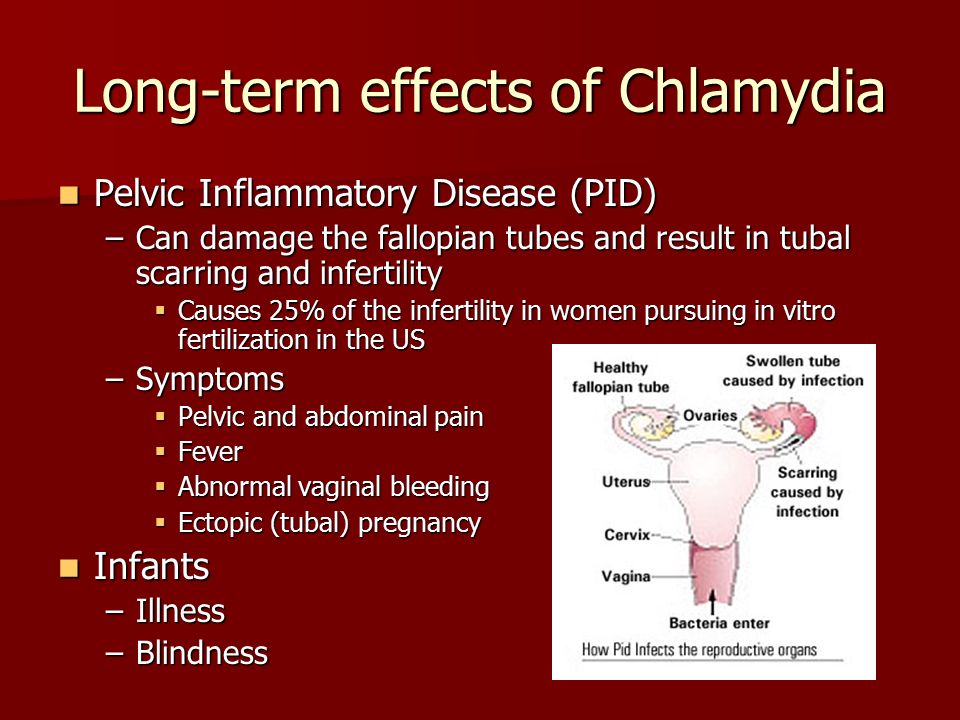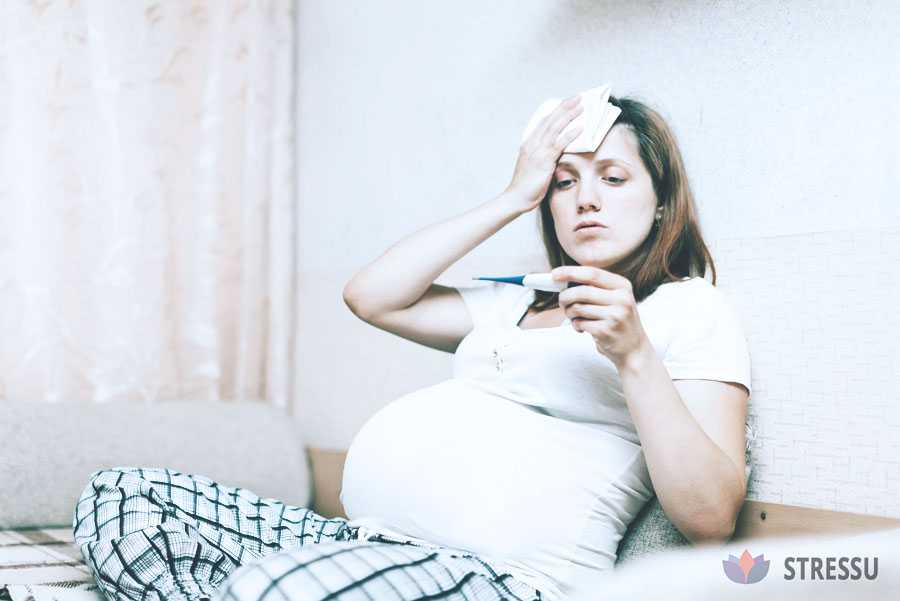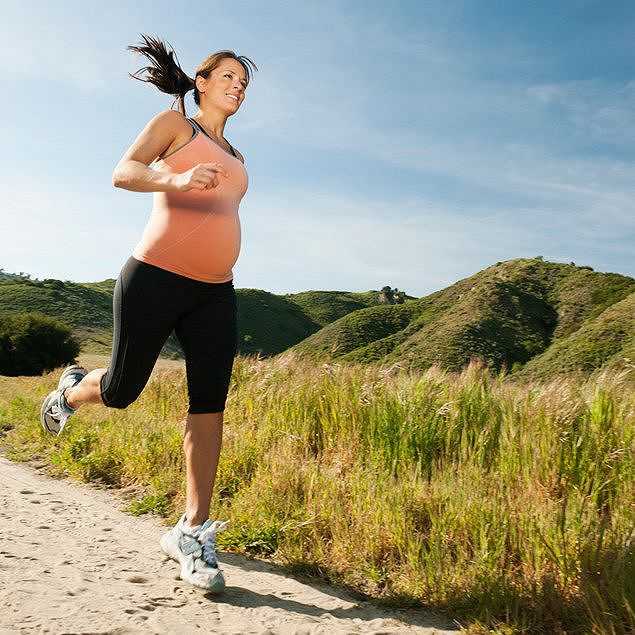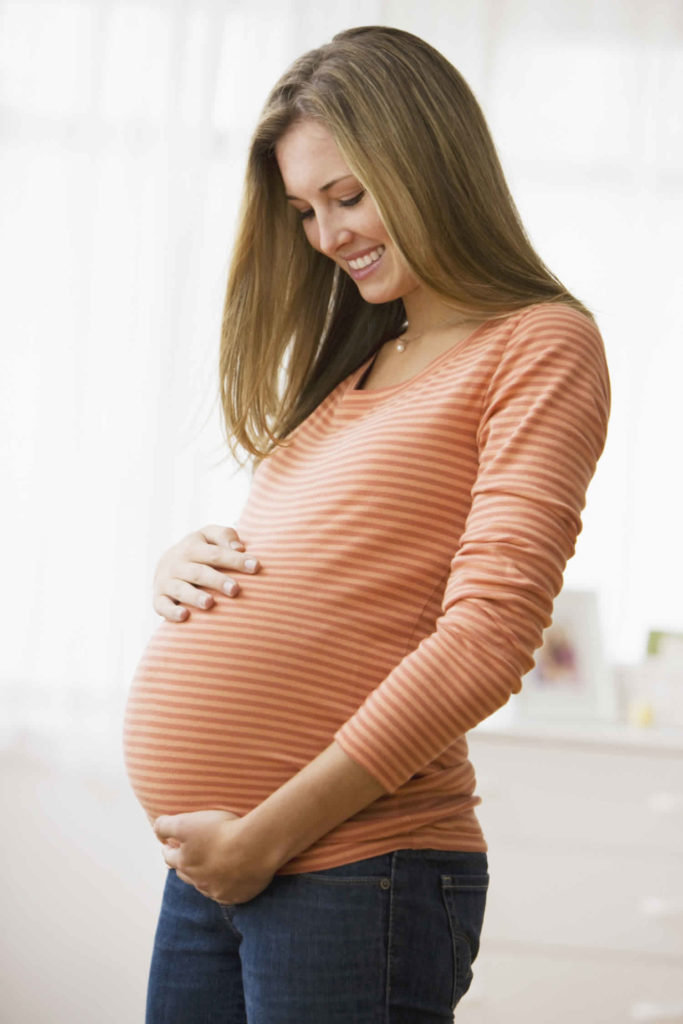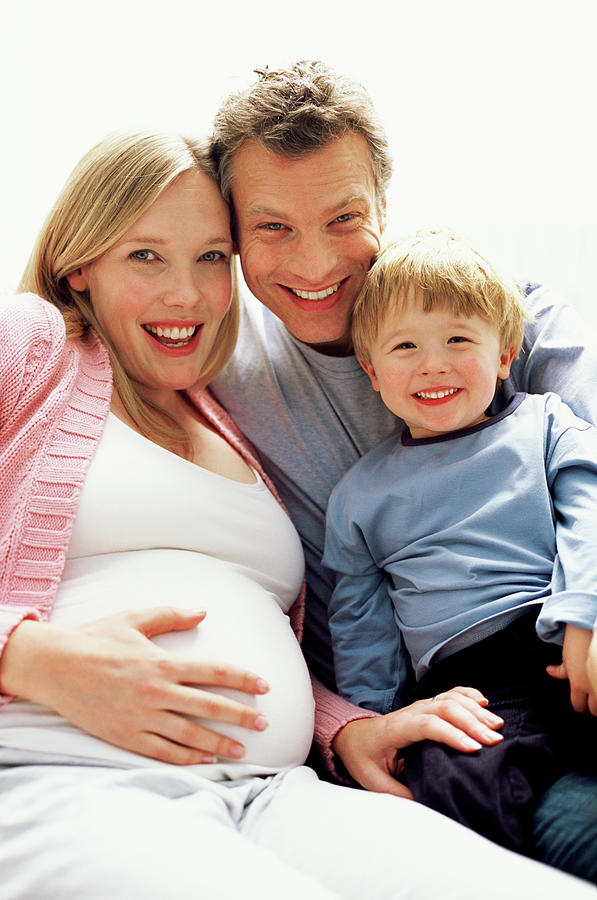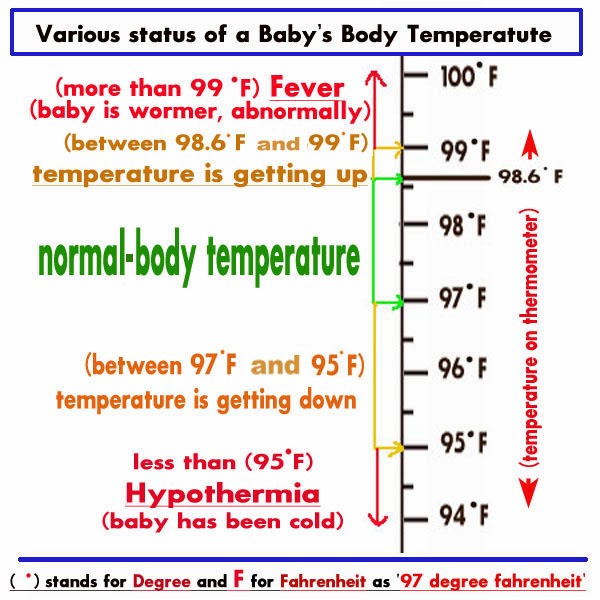Pregnancy things to avoid
Things to avoid during pregnancy
There are a few products or lifestyle habits pregnant women and their partners should be cautious of during pregnancy. From hair highlights to house paints, learn more about what's safe for your baby.
Acupuncture and massage
While some complementary therapies, such as acupuncture and massage, are generally considered to be safe during pregnancy, there are still times during pregnancy when they should not be used. For example, your abdomen should not be massaged during the first 3 months of pregnancy.
It is generally safe to have acupuncture when you are pregnant. You should look for a qualified acupuncturist who has extensive training and experience with pregnant women. Tell your acupuncturist you are pregnant because certain acupuncture points cannot be used safely during pregnancy.
If you’re considering using a complementary therapy, it’s important to tell your doctor or midwife. If you then decide to use a complementary therapy, you should always consult a qualified practitioner who is registered with the Australian Health Practitioner Regulation Agency (APHRA).
Cats
Toxoplasmosis is a common infection that occurs in most birds and mammals, including humans, and can cause serious problems in pregnancy. The parasite called Toxoplasma gondii (T. gondii) can be found in cat faeces or soil — or cat litter that is contaminated with infected cat faeces.
The risk of getting toxoplasmosis when you're pregnant is very low. But if do you get toxoplasmosis in the early stages of pregnancy, the risk of miscarriage is increased and it can cause blindness and brain damage in an unborn baby.
Signs of toxoplasmosis include mild flu-like symptoms, such as high temperature, sore throat and aching muscles. However, in most cases, toxoplasmosis doesn't cause any symptoms.
Pregnant women are not routinely screened for toxoplasmosis. It's therefore important that you know how to prevent infection.
Cleaning products
Check the labels of cleaning products to make sure there are no safety warnings for pregnant women. If you use cleaning products, glues, paint or any other household chemicals, follow the safety directions on the label. Make sure the room is well ventilated when you are cleaning — open windows and doors.
If you use cleaning products, glues, paint or any other household chemicals, follow the safety directions on the label. Make sure the room is well ventilated when you are cleaning — open windows and doors.
Some moth balls and toilet deodorant cakes contain a substance called naphthalene. Exposure to very large amounts of naphthalene can damage blood cells, leading to a condition called haemolytic anaemia. Symptoms that may occur after exposure to large quantities of naphthalene include fatigue, loss of appetite, nausea, vomiting and diarrhoea. Newborn babies are particularly at risk if they are exposed to naphthalene.
Exercise
It’s great to be active and stay fit while you’re pregnant, but check with your midwife or doctor first to make sure there are no health problems that prevent you from exercising. If there are no problems, try to do 30 minutes of moderate exercise, like walking or swimming, on most days of the week.
Regular exercise can:
- help you stay at a healthy weight
- help you relax
- help make you stronger and fitter — good for coping with pregnancy, labour and being a parent
- help decrease discomforts like back pain and varicose veins that affect some pregnant women
Fake tan
The active ingredient in fake tan is dihydroxyacetone (DHA), a non-toxic substance that reacts with cells in the outermost layer of the skin and produces a brown pigment (colour) called melanoidin.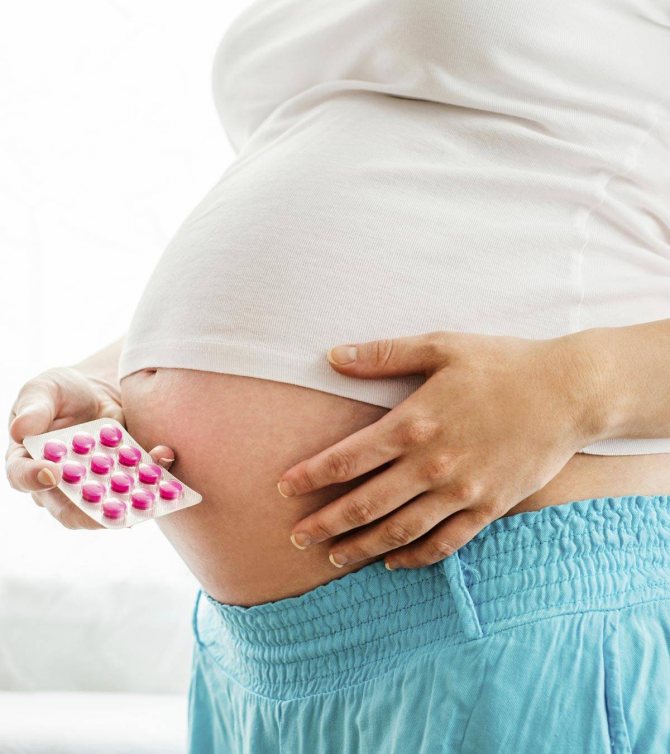 The DHA does not go beyond the outer layer of skin and therefore is not absorbed into the body. It is fine to use fake tan creams and lotions while you are pregnant.
The DHA does not go beyond the outer layer of skin and therefore is not absorbed into the body. It is fine to use fake tan creams and lotions while you are pregnant.
It is not a good idea to have a spray tan while you are pregnant because you might inhale some spray, and it is not know whether this is dangerous for the baby. Also, fake tans can sometimes cause an allergic reaction. Pregnancy changes your hormone levels and can make the skin more sensitive than normal. If you do use fake tan, always test the product on a small area of skin first to see if you have a reaction.
Although some fake tans contain sun protection, the SPF (sun protection factor) is usually very low. Increased skin sensitivity when pregnant can mean you’re more likely to burn, so use a high protection cream (minimum SPF 30) and stay out of the sun as much as possible.
No one should use tanning pills or tanning injections. Tanning pills contain high amounts of betacarotene and/or a chemical called canthaxanthin that have been linked with dangerous side effects, including damage to the eyes and the liver. Injections containing Melanotan, which increases melanin in the skin, are not approved by the Therapeutic Goods Administration (TGA) for tanning, and it is classified as a prescription-only medicine.
Injections containing Melanotan, which increases melanin in the skin, are not approved by the Therapeutic Goods Administration (TGA) for tanning, and it is classified as a prescription-only medicine.
Food
There are some foods you should avoid when you're pregnant because they might make you ill or harm your baby. Learn more about the foods you should avoid, or that you need to take extra care with when you're pregnant here.
Alcohol
There is no safe level of alcohol during pregnancy. Whether you are planning a pregnancy, already pregnant or breastfeeding, not drinking is the safest option as alcohol can harm your unborn baby.
Hair dye
Most research, although limited, shows that it’s safe to colour your hair while pregnant. Some studies have found that very high doses of the chemicals in hair dyes may cause harm. However, these doses are massive compared to the very low amount of chemicals when you dye your hair.
Many women decide to wait to dye their hair until after the first 12 weeks of pregnancy, when the risk of chemical substances harming the baby is much lower. If you are colouring your hair yourself, or you work in a hair salon, you can reduce the risk further by making sure that you:
If you are colouring your hair yourself, or you work in a hair salon, you can reduce the risk further by making sure that you:
- wear gloves
- leave the dye on for the minimum time
- work in a well-ventilated room
Highlighting your hair, by putting the dye only onto strands of hair, also reduces any risk. The chemicals used are only absorbed by your hair, and not by your scalp or bloodstream.
Semi-permanent pure vegetable dyes, such as henna, are a safe alternative.
Pregnancy can affect your hair’s normal condition. For example, your hair may react differently to colouring or perming and become more or less absorbent, frizzy or unpredictable.
It's always a good idea to do a strand test first, using the hair dye or treatment that you intend to use. Speak to your hairdresser for advice.
Hair treatments during breastfeeding
Information about hair treatments while breastfeeding is limited. However, it’s very unlikely that a significant amount of the chemicals used in hair dyes will be passed on through your breast milk. This is because very little enters your bloodstream. Many women have used hair treatments while breastfeeding, with no known negative results.
This is because very little enters your bloodstream. Many women have used hair treatments while breastfeeding, with no known negative results.
Painting
The risk of fumes from modern household paints harming your baby is low, but it’s impossible to know exactly how small the risk is. This is because it’s very difficult to measure the substances and chemicals your body absorbs during activities such as painting.
There has been very little research into the effects of paint fumes on unborn babies. The few studies that have been done show that the risk is extremely low.
Renovating houses can increase your exposure to lead. If your house was built before 1971 (when lead-based paint was still available), get advice before doing anything that disturbs the paint. Disturbing lead-based paint can spread lead dust into the air and around the house. It’s important that pregnant women and children aren’t around during renovations that disturb lead-based paint.
Any small risk to your baby is greatest during your first trimester when your baby’s organs start to develop. Any harmful fumes or chemicals at this stage could affect your baby more severely. As a precaution it’s best to avoid painting and decorating until at least the 14th week of your pregnancy.
Any harmful fumes or chemicals at this stage could affect your baby more severely. As a precaution it’s best to avoid painting and decorating until at least the 14th week of your pregnancy.
Sauna or jacuzzi
There is little research on using saunas, jacuzzis and similar heated leisure facilities during pregnancy. However, it's advisable to avoid them because of the risks of overheating, dehydration and fainting.
You’re likely to feel warmer during pregnancy. This is due to hormonal changes and an increase in blood supply to the skin. These hormonal changes can also often make pregnant women feel faint.
If you overheat, more blood flows close to your skin, to help cool your body by sweating. This means less blood flows to your internal organs such as your brain. If this happens, your brain may not get enough blood and, therefore, oxygen. This can make you feel faint.
When you use a sauna, jacuzzi, hot tub, steam bath or steam room, your body cannot lose heat effectively by sweating. Your body's core temperature therefore rises. It's possible that a significant rise in your core temperature may affect your unborn baby's development, particularly in the first 12 weeks of the pregnancy.
Your body's core temperature therefore rises. It's possible that a significant rise in your core temperature may affect your unborn baby's development, particularly in the first 12 weeks of the pregnancy.
Take care when you get out of a hot bath or stand up quickly, as these can also make you feel faint.
Sunbeds
Sunbeds (solariums) give out ultraviolet (UV) rays, the same type of harmful radiation found in sunlight. Using a sunbed increases your risk of developing skin cancer including malignant melanoma, the most serious form of skin cancer. It is illegal to operate a commercial solarium in Australia.
There is no clear evidence about the effect of UV rays from sunbeds on an unborn baby. Some studies have suggested there may be a link between increased UV rays and a folic acid deficiency. This is because UV rays can break down folic acid.
Pregnant women often find that their skin is more sensitive than usual. If you use a sunbed when you are pregnant, your skin may therefore be more likely to burn.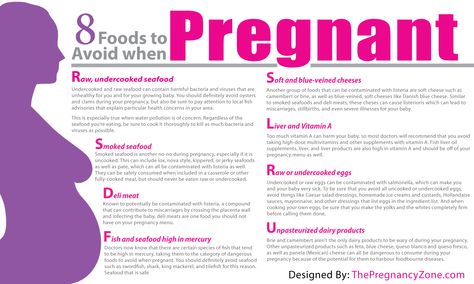
X-rays
If possible, you should avoid having an x-ray while you’re pregnant. Your healthcare professional will assess whether your treatment can wait until you’ve had your baby. They will assess whether the benefits of treatment outweigh the low risk of having an x-ray. They may also consider using another imaging method instead, such as an ultrasound scan.
The risk from x-ray radiation is related to the stage of pregnancy at which the exposure occurs and the dosage amount that reaches the baby. There is slight risk of birth defects and physical and mental development problems.
However, repeated exposure to radiation can damage the body's cells, which can increase the risk of cancer developing. This is why the dose of radiation used in an x-ray is always as low as possible. X-rays during pregnancy carry a very small risk of exposing the unborn baby to radiation, which could cause cancer to develop during his or her childhood.
To find out more, visit Inside Radiology - Radiation risk of medical imaging during pregnancy.
Dental x-rays
Make sure your dentist knows that you're pregnant. If you need a dental x-ray, your dentist will usually wait until you've had the baby, even though most dental x-rays don't affect the abdomen or pelvic area.
Other radiology tests
It is vital you tell your doctor or specialist if you are or may be pregnant because some procedures can affect the fetus. Your doctor or specialist will refer you for an appropriate radiology procedure if it is safe to do so. You must also inform the hospital or radiology practice when you make the appointment and the medical staff performing the procedure if you are or may be pregnant.
Breastfeeding and x-rays
In general, you do not need to interrupt breastfeeding to have radiological tests such as an x-ray, MRI, CT, angiogram, ultrasound or mammogram. These examinations do not affect breastfeeding.
But it is important that you tell your doctor or specialist if you are breastfeeding. Some procedures can involve a radioactive substance being injected into your vein that will take a few days to flush out of your body through your urine.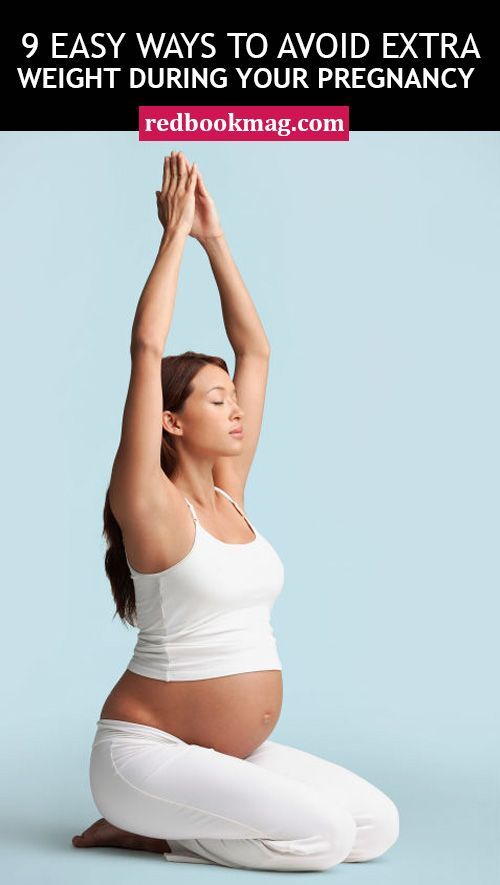 While it is in your body, a very small amount of radioactive substance can be passed on to your child through the breast milk. Your doctor or specialist and their staff will give you instructions, such as to express and throw away breast milk for a short time after having the scan, so that your child is not exposed to the radioactive substance unnecessarily.
While it is in your body, a very small amount of radioactive substance can be passed on to your child through the breast milk. Your doctor or specialist and their staff will give you instructions, such as to express and throw away breast milk for a short time after having the scan, so that your child is not exposed to the radioactive substance unnecessarily.
Call Pregnancy, Birth and Baby on 1800 882 436 to speak to a maternal child health nurse.
Learn more here about the development and quality assurance of healthdirect content.
11 Foods and Beverages to Avoid During Pregnancy
One of the first things people learn when they’re pregnant is what they can’t eat. It can be a real bummer if you’re a big sushi, coffee, or rare steak fan.
Thankfully, there’s more you can eat than what you can’t. You just have to learn how to navigate the waters (the low mercury waters, that is). You’ll want to pay close attention to what you eat and drink to stay healthy .
Certain foods should only be consumed rarely, while others should be avoided completely. Here are 11 foods and beverages to avoid or minimize while pregnant.
Mercury is a highly toxic element. It has no known safe level of exposure and is most commonly found in polluted water.
In higher amounts, it can be toxic to your nervous system, immune system, and kidneys. It may also cause serious developmental problems in children, with adverse effects even in lower amounts.
Since it’s found in polluted seas, large marine fish can accumulate high amounts of mercury. Therefore, it’s best to avoid high mercury fish while pregnant and breastfeeding.
High-mercury fish you want to avoid include:
- shark
- swordfish
- king mackerel
- tuna (especially bigeye tuna)
- marlin
- tilefish from the Gulf of Mexico
- orange roughy
However, it’s important to note that not all fish are high in mercury — just certain types.
Consuming low mercury fish during pregnancy is very healthy, and these fish can be eaten up to three times per week, according to the Food and Drug Administration (FDA).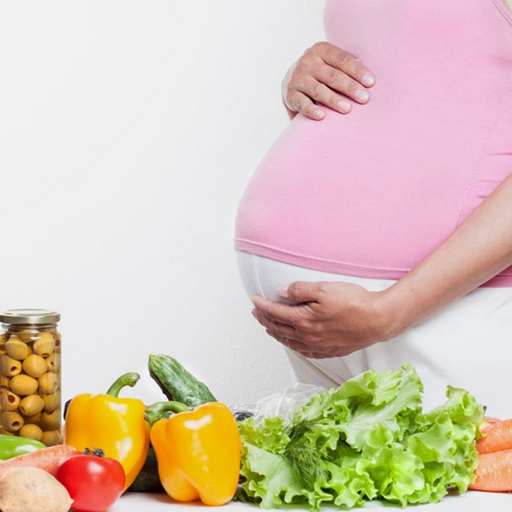
Low mercury fish are plentiful and include:
- anchovies
- cod
- flounder
- haddock
- salmon
- tilapia
- trout (freshwater)
Fatty fish like salmon and anchovies are especially good options, as they are high in omega-3 fatty acids, which are important for your baby.
This one will be tough for you sushi fans, but it’s an important one. Raw fish, especially shellfish, can cause several infections. These can be viral, bacterial, or parasitic infections, such as norovirus, Vibrio, Salmonella, and Listeria.
Some of these infections may only affect you, causing dehydration and weakness. Other infections may be passed on to your baby with serious, or even fatal, consequences.
Pregnant women are especially susceptible to listeria infections. In fact, according to the Centers for Disease Control and Prevention (CDC), pregnant women are up to 10 times more likely to get infected by Listeria than the general population. Pregnant Hispanic women are 24 times more at risk.
Pregnant Hispanic women are 24 times more at risk.
This bacteria can be found in soil and contaminated water or plants. Raw fish can become infected during processing, including smoking or drying.
Listeria bacteria can be passed to your baby through the placenta, even if you’re not showing any signs of illness. This can lead to premature delivery, miscarriage, stillbirth, and other serious health problems, according to the CDC.
It’s definitely advised to avoid raw fish and shellfish, including many sushi dishes. But don’t worry, you’ll enjoy it that much more after baby is born and it’s safer to eat again.
Some of the same issues with raw fish affect undercooked meat, too. Eating undercooked or raw meat increases your risk of infection from several bacteria or parasites, including Toxoplasma, E. coli, Listeria, and Salmonella.
Bacteria may threaten the health of your little one, possibly leading to stillbirth or severe neurological illnesses, including intellectual disability, blindness, and epilepsy.
While most bacteria are found on the surface of whole pieces of meat, other bacteria may linger inside the muscle fibers.
Some whole cuts of meat — such as tenderloins, sirloins, or ribeye from beef, lamb and veal — may be safe to consume when not cooked all the way through. However, this only applies when the piece of meat is whole or uncut, and completely cooked on the outside.
Cut meat, including meat patties, burgers, minced meat, pork, and poultry, should never be consumed raw or undercooked. So keep those burgers on the grill well done for now.
Hot dogs, lunch meat, and deli meat are also of concern, which is sometimes surprising to pregnant people. These types of meat may become infected with various bacteria during processing or storage.
Pregnant women should not consume processed meat products unless they’ve been reheated until steaming hot.
Raw eggs can be contaminated with the Salmonella bacteria.
Symptoms of salmonella infections include fever, nausea, vomiting, stomach cramps, and diarrhea.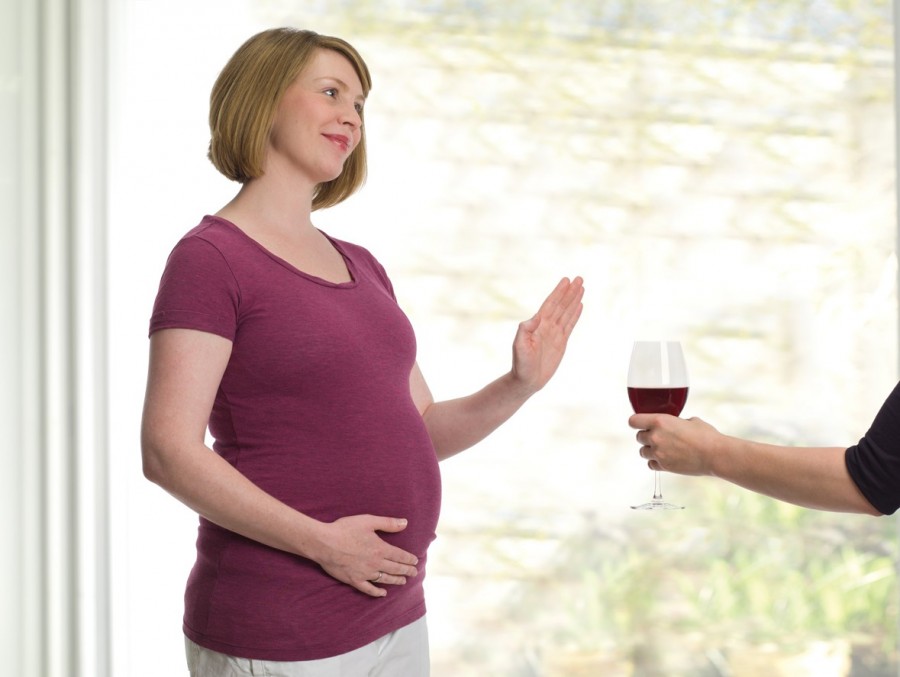
However, in rare cases, the infection may cause cramps in the uterus, leading to premature birth or stillbirth.
Foods that commonly contain raw eggs include:
- lightly scrambled eggs
- poached eggs
- hollandaise sauce
- homemade mayonnaise
- some homemade salad dressings
- homemade ice cream
- homemade cake icings
Most commercial products that contain raw eggs are made with pasteurized eggs and are safe to consume. However, you should always read the label to make sure.
To be on the safe side, make sure to always cook eggs thoroughly or use pasteurized eggs. Save those super runny yolks and homemade mayo until after baby makes their debut.
Organ meat is a great source of a variety of nutrients.
These include iron, vitamin B12, vitamin A, zinc, selenium, and copper — all of which are good for you and baby. However, eating too much animal-based vitamin A (preformed vitamin A) is not recommended during pregnancy.
Consuming too much preformed vitamin A, especially in the first trimester of pregnancy, can lead to congenital malformations and miscarriage.
Although this is mostly associated with vitamin A supplements, it’s best to keep your consumption of organ meats like liver to just a few ounces once per week.
You may be one of the millions of folks who love their daily cups of coffee, tea, soft drinks, or cocoa. You’re definitely not alone when it comes to our love of caffeine.
Pregnant people are generally advised to limit their caffeine intake to less than 200 milligrams (mg) per day, according to the American College of Obstetricians and Gynecologists (ACOG).
Caffeine is absorbed very quickly and passes easily into the placenta. Because babies and their placentas don’t have the main enzyme needed to metabolize caffeine, high levels can build up.
High caffeine intake during pregnancy has been shown to restrict fetal growth and increase the risk of low birth weight at delivery.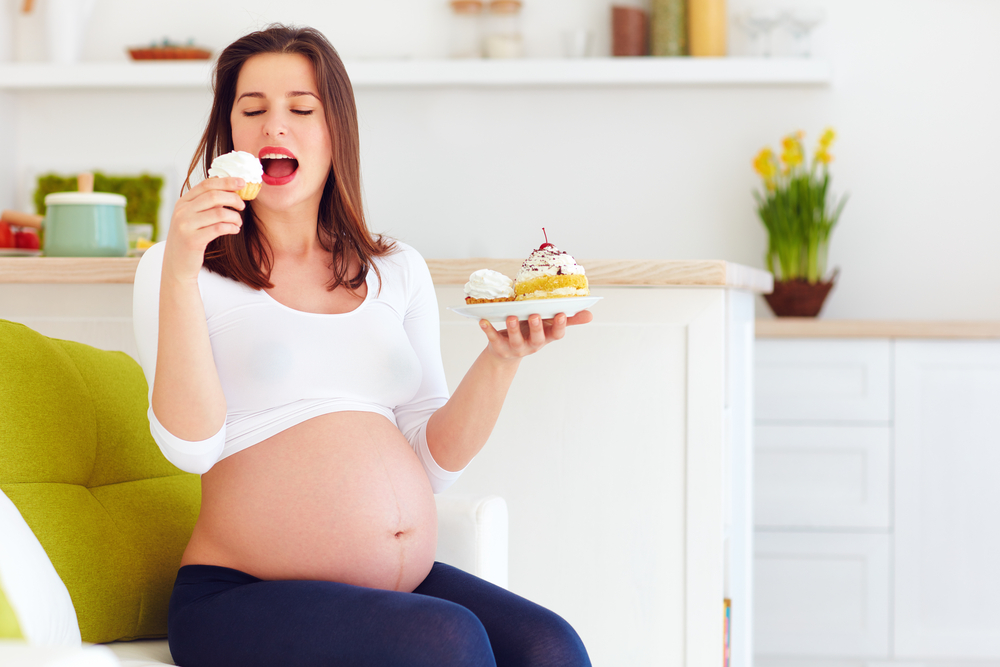
Low birth weight — defined as less than 5 lbs., 8 oz. (or 2.5 kg) — is associated with an increased risk of infant death and a higher risk of chronic diseases in adulthood.
So keep an eye on your daily cup of joe or soda to make sure baby doesn’t have exposure to too much caffeine.
Your healthy salad choice may not be free from rogue ingredients, either. Raw sprouts, including alfalfa, clover, radish, and mung bean sprouts, may be contaminated with Salmonella.
The humid environment required by seeds to start sprouting is ideal for these kinds of bacteria, and they’re almost impossible to wash off.
For this reason, you’re advised to avoid raw sprouts altogether. However, sprouts are safe to consume after they have been cooked, according to the FDA.
The surface of unwashed or unpeeled fruits and vegetables may be contaminated with several bacteria and parasites.
These include Toxoplasma, E. coli, Salmonella, and Listeria, which can be acquired from the soil or through handling.
Contamination can occur at any time during production, harvest, processing, storage, transportation, or retail. One dangerous parasite that may linger on fruits and vegetables is called Toxoplasma.
The majority of people who get toxoplasmosis have no symptoms, while others may feel like they have the flu for a month or more.
Most infants who are infected with the Toxoplasma bacteria while still in the womb have no symptoms at birth. However, symptoms such as blindness or intellectual disabilities may develop later in life.
What’s more, a small percentage of infected newborns have serious eye or brain damage at birth.
While you’re pregnant, it’s very important to minimize the risk of infection by thoroughly washing with water, peeling, or cooking fruits and vegetables. Keep it up as a good habit after baby arrives, too.
Raw milk, unpasteurized cheese, and soft-ripened cheeses can contain an array of harmful bacteria, including Listeria, Salmonella, E. coli, and Campylobacter. (These are probably sounding familiar by now.)
coli, and Campylobacter. (These are probably sounding familiar by now.)
The same goes for unpasteurized juice, which is also prone to bacterial contamination. These infections can all have life-threatening consequences for an unborn baby.
The bacteria can be naturally occurring or caused by contamination during collection or storage. Pasteurization is the most effective way to kill any harmful bacteria, without changing the nutritional value of the products.
To minimize the risk of infections, eat only pasteurized milk, cheese, and fruit juice.
It’s advised to completely avoid drinking alcohol when pregnant, as it increases the risk of miscarriage and stillbirth. Even a small amount can negatively impact your baby’s brain development.
Drinking alcohol during pregnancy can also cause fetal alcohol syndrome, which involves facial deformities, heart defects and intellectual disability.
Since no level of alcohol has been proven to be safe during pregnancy, it’s recommended to avoid it altogether.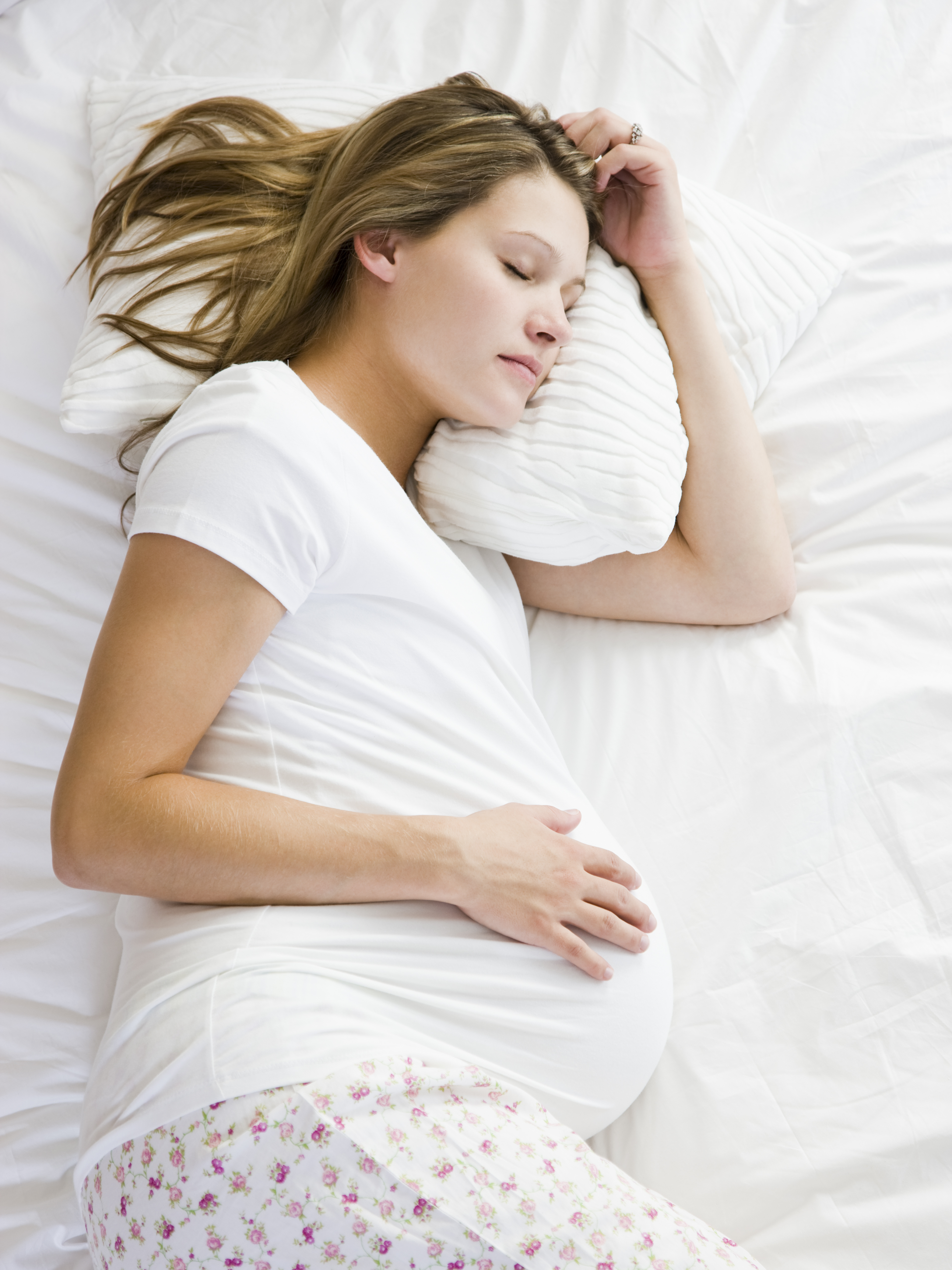
There’s no better time than pregnancy to start eating nutrient-dense foods to help both you and your growing little one. You’ll need increased amounts of many essential nutrients, including protein, folate, choline, and iron.
It’s also a myth that you’re “eating for two.” You can eat as you normally do during the first semester, then increase by about 350 calories per day in your second trimester, and about 450 calories per day in your third trimester.
An optimal pregnancy eating plan should mainly consist of whole foods, with plenty of nutrients to fulfill yours and baby’s needs. Processed junk food is generally low in nutrients and high in calories, sugar, and added fats.
While some weight gain is necessary during pregnancy, excess weight gain has been linked to many complications and diseases. These include an increased risk of gestational diabetes, as well as pregnancy or birth complications.
Stick to meals and snacks that focus on protein, vegetables and fruits, healthy fats, and fiber-rich carbohydrates like whole grains, beans, and starchy vegetables.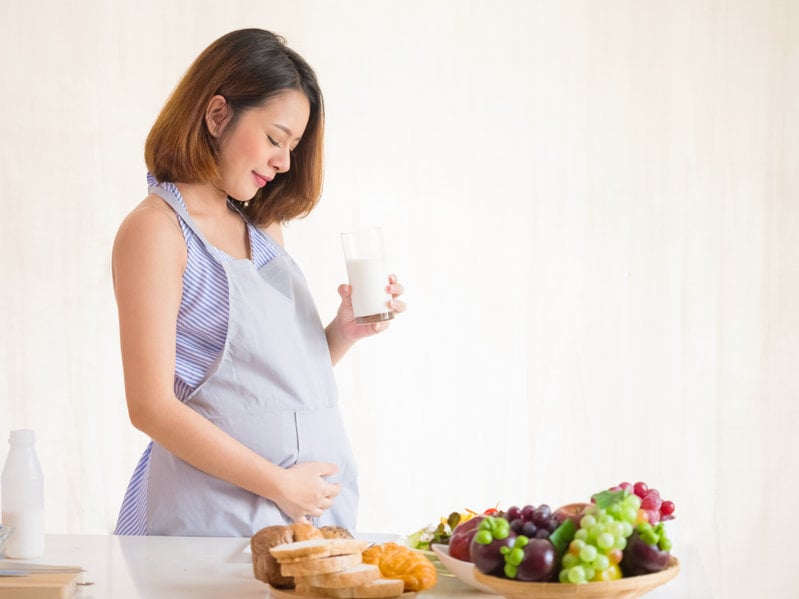 Don’t worry, there are lots of ways to sneak veggies into your meals without sacrificing taste.
Don’t worry, there are lots of ways to sneak veggies into your meals without sacrificing taste.
When you’re pregnant, it’s essential to avoid foods and beverages that may put you and your baby at risk.
Although most foods and beverages are perfectly safe to enjoy, some, like raw fish, unpasteurized dairy, alcohol, and high mercury fish, should be avoided.
Plus, some foods and beverages like coffee and foods high in added sugar, should be limited in order to promote a healthy pregnancy.
If you want to learn more about what foods you should eat during pregnancy, check out this article: Healthy Eating During Pregnancy.
Quick tips for foods to avoid when pregnant
- Avoid high-mercury fish including shark, swordfish, tuna, and marlin.
- Raw fish and shellfish can be contaminated with bacteria and parasites. Some of these can cause adverse health effects and harm both you and baby.
- Raw or undercooked meat may contain harmful bacteria.
As a general rule, meat should be cooked all the way through.
- Raw eggs may be contaminated with Salmonella, and may put you and your baby at risk. Be sure to thoroughly cook eggs before eating.
- Organ meat is a great source of iron, vitamin B12, vitamin A, and copper. To prevent consuming too much vitamin A limit your intake of organ meat to a few ounces once a week.
- Limit caffeine intake to under 200 mg per day, which is about 2 to 3 cups of coffee. High caffeine intake during pregnancy may limit baby’s growth and cause low birth weight.
- Raw sprouts may be contaminated with bacteria. Only eat them thoroughly cooked.
- Fruits and vegetables may be contaminated with harmful bacteria, including Toxoplasma. It’s important to thoroughly wash all fruits and vegetables with plenty of clean water.
- Don’t consume unpasteurized milk, cheese, or fruit juice, as these foods increase the risk of bacterial infections.
- Avoid all alcohol.
Drinking alcohol can increase the risk of miscarriage, stillbirth, and fetal alcohol syndrome.
- Eating processed foods during pregnancy can increase your risk of excess weight gain, gestational diabetes, and complications. This can have long-term health implications for you and your child.
10 prohibitions during pregnancy
What herbs should not be drunk during pregnancy and what procedures should be forgotten? BeautyHack asked the doctor of the Lapino Clinical Hospital.
Natalya Tsalko obstetrician-gynecologist, head of the admission department of the Lapino Clinical Hospital: “Categoricalness in medicine and especially in obstetrics is a rarity. But there are things that are better to consciously limit the time of pregnancy. If you violated one of these points before you learned about your situation, do not rush to sound the alarm, just go to the doctor.
1) Antibiotics and other medicines
Antibiotics and teratogenic drugs are not recommended – as they can cause birth defects. Never self-medicate. Even if you just caught a cold, go immediately to the doctor. During pregnancy, you have to treat everything from appendicitis to pneumonia, and the doctor will help you choose the right remedy.
Never self-medicate. Even if you just caught a cold, go immediately to the doctor. During pregnancy, you have to treat everything from appendicitis to pneumonia, and the doctor will help you choose the right remedy.
2) Extreme sports
Do not engage in extreme sports: diving, skiing. Equestrian sports and skydiving are also dangerous, there is a high probability of injury and falling on the stomach - in this case, you can lose the fetus. Doses of adrenaline will also be superfluous.
3) Herbal preparations
Herbs such as tansy, St. John's wort, aloe, anise, water pepper, cloves, serpentine, calendula, clover, wormwood, senna, can cause miscarriage.
4) Cosmetology
Not recommended for cosmetic procedures. It is better to refuse mesotherapy, Botox injections, photoepilation, the effect can be unpredictable.
5) Bath and sauna
Do not overheat the fetus. Steaming in a Russian bath or sauna is not the best idea during pregnancy, especially if you have never been there before it started.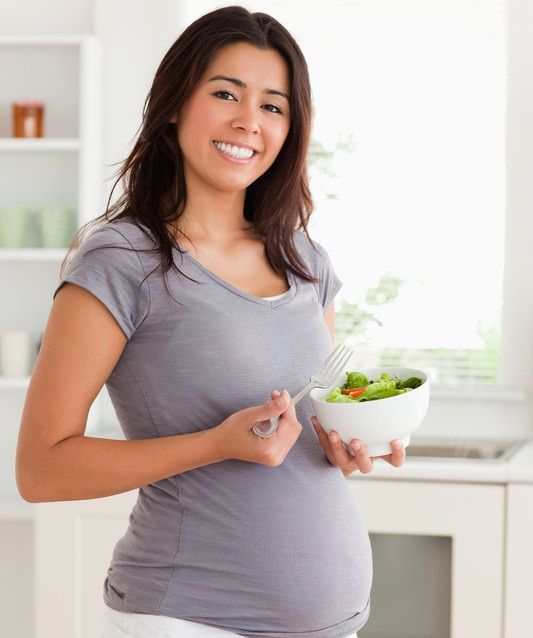
6) Meat and fish
Be careful when choosing dishes in restaurants and when buying groceries. Thermally unprocessed meat, fish, seafood are dangerous with parasites.
7) Travel
If you have placenta previa or isthmic-cervical insufficiency (premature opening of the cervix), flights are prohibited during the entire period of pregnancy. If you are healthy, then it is forbidden to fly from the 36th week due to the risk of childbirth: airlines do not take on board.
In the first trimester it is important not to catch an infectious disease. Refrain from traveling to countries where the incidence of malaria, typhoid fever and Zika is high.
8) Infectious diseases
Childhood diseases such as chicken pox and rubella are dangerous. I advise you to spend less time in places where there are a lot of children (kindergartens, schools, sections).
9) Alcohol
Drinking alcohol regularly and in large doses is not recommended.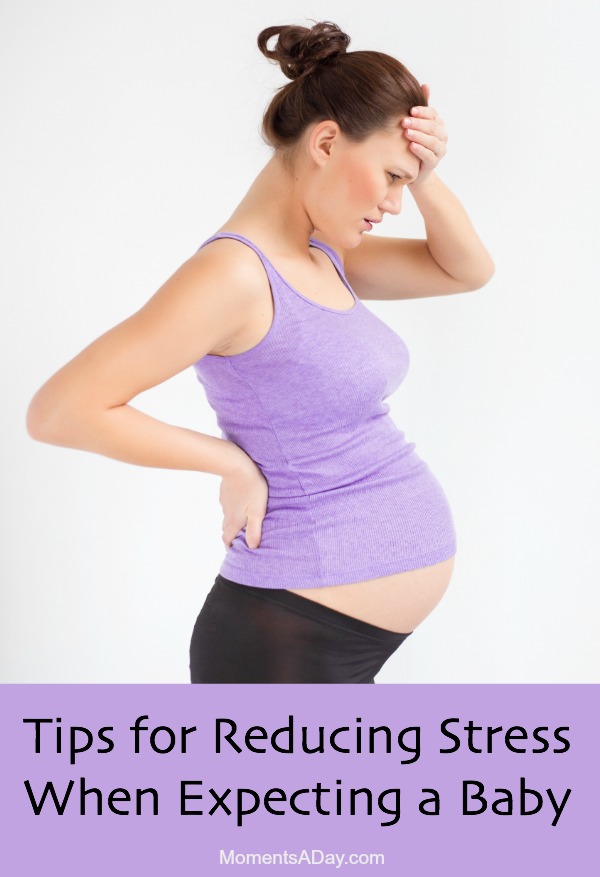 And before 21 weeks, it is better to forget about alcoholic beverages altogether, until organogenesis (the formation of organs in the process of embryonic development) is completed.
And before 21 weeks, it is better to forget about alcoholic beverages altogether, until organogenesis (the formation of organs in the process of embryonic development) is completed.
10) Smoking
Nicotine has a negative effect on the placenta - much worse than alcohol. Smoking causes the risk of developing feto-placental insufficiency, resulting in fetal growth retardation and premature birth.
8 Things About Household Cleaning and Cleaning During Pregnancy.com
House Cleaning During Pregnancy: Pros and Cons
It is not possible to give up household chores completely for nine months. From the point of view of doctors, cleaning during pregnancy plays a positive role. Moderate physical activity benefits the mother and fetus: improves blood circulation, helps keep muscles in good shape, reduce swelling and not gain extra pounds.
Good home hygiene helps prevent bacterial and viral diseases. Carrying heavy buckets or climbing on window sills to clean windows is still not worth it. It is better to delegate these tasks to other family members or call a professional cleaner.
It is better to delegate these tasks to other family members or call a professional cleaner.
During pregnancy, a woman's body undergoes many changes. Each trimester has its own characteristics. They should be taken into account when distributing loads during the cleaning process.
There are also a number of activities that are strictly prohibited for pregnant women:
-
Climbing on ladders, stools, window sills and other "high" objects;
-
Lift weights over 5 kg, especially in the early stages;
-
Use prohibited household chemicals1;
-
Clean up the litter box and garden because of the risk of toxoplasmosis;
-
Make sudden movements: tilts, turns, squats;
-
Exposing the body to physical stress for a long time, denying yourself rest.
Is it safe to use household chemicals
Cleaning products should be chosen carefully during pregnancy. It is better to give preference to natural cleaners: citric acid, soda, vinegar. However, household chemicals and pregnancy are also quite compatible things. The enhanced composition of store detergents allows you to get rid of germs, bacteria and mold. All household chemicals on the Russian market are subject to examination in terms of sanitary-chemical and toxicological indicators. If a drug has the potential to cause harm to a pregnant woman or unborn child, a warning label is displayed on the label.
It is better to give preference to natural cleaners: citric acid, soda, vinegar. However, household chemicals and pregnancy are also quite compatible things. The enhanced composition of store detergents allows you to get rid of germs, bacteria and mold. All household chemicals on the Russian market are subject to examination in terms of sanitary-chemical and toxicological indicators. If a drug has the potential to cause harm to a pregnant woman or unborn child, a warning label is displayed on the label.
During the first trimester, the baby's vital systems and organs are formed. To protect the fetus from the action of various toxins, the female body produces a special hormone - gonadotropin. Thanks to him, cleaning in early pregnancy can be accompanied by hypersensitivity to odors and toxicosis. To avoid "side" effects, gynecologists recommend using fragrance-free detergents.
-
To combat pathogenic biofilm in the bathroom and toilet, powerful antibacterial agents like Domestos are indispensable.
 Sodium hypochlorite in its composition effectively kills germs and mold, keeping plumbing clean. All work must be carried out with rubber gloves and a respirator, and the premises themselves must be well ventilated;
Sodium hypochlorite in its composition effectively kills germs and mold, keeping plumbing clean. All work must be carried out with rubber gloves and a respirator, and the premises themselves must be well ventilated; -
Even with the right organization of the entrance area, dirt and microbes brought on shoes from the street spread throughout the apartment. Glorix disinfectant will get rid of potentially dangerous microorganisms, dust and other contaminants. Washing floors should also be done with protective gloves;
-
The kitchen seems to be one of the cleanest places in the house. However, high temperature, humidity, microdrops of fat and bacteria brought on the products create all the conditions for the growth of harmful microorganisms. Work surfaces should be cleaned regularly with Cif cleaning gels or sprays, and sponges and kitchen towels should be changed every couple of weeks;
-
Lime scale, grease stains and other dirt can be removed with folk remedies.
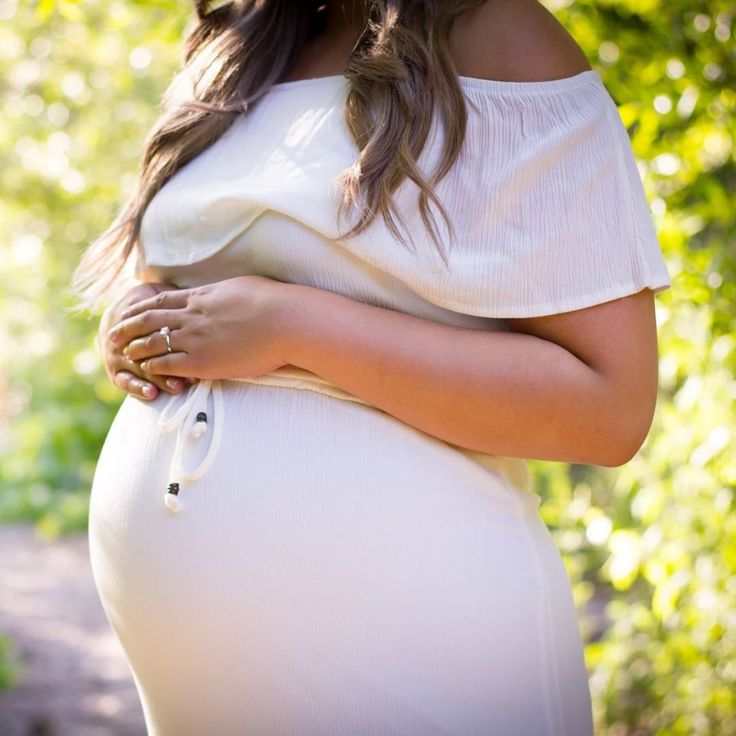 Apply a slurry of soda powder to the surface and after a while wash it off with a solution of vinegar;
Apply a slurry of soda powder to the surface and after a while wash it off with a solution of vinegar; -
Test on an inconspicuous area before applying detergent;
-
Carefully read the instructions, precautions and contraindications on the cleaning agent bottle. Follow the indicated dosage;
-
Never mix household chemicals. This can cause a reaction with the release of volatile chlorine - the strongest of household poisons;
-
If your general condition worsens after cleaning, dizziness or nausea occurs during pregnancy, immediately inform your family and, if possible, consult a doctor.
-
Replace your conventional mop with a modern model with a longer handle and wringer;
-
The water bucket on wheels makes cleaning much easier;
-
Avoid bending over and putting pressure on your stomach. If you need to lean forward, bend your knees and gently stretch in the desired direction;
-
Vacuuming should be done slowly, with the windows open for ventilation;
-
Many pregnant women find it easier to wash the floor by hand, gently kneeling or squatting;
-
If you have frequent lower back pain, ask your doctor for a special abdominal support bandage.

-
It is forbidden to climb ladders, chairs and other high objects to avoid the risk of falling;
-
It is strictly forbidden to lean out of the windows - entrust the washing of external surfaces to household members;
-
Do not raise your hands above your head - for cleaning remote areas, you can purchase a special scraper or mini window mop with a long handle;
-
Instead of aerosol detergents, it is better to use a citric acid solution.
-
It is better to replace ordinary washing powder with a sulfate-free detergent without fragrances - this will reduce the risk of allergic reactions;
-
Wet laundry becomes heavier - it is better to entrust it to your spouse;
-
Remove clothes from the washer in small batches and leave to dry at height.
-
Is it possible to wash floors during pregnancy
Washing floors and vacuuming during pregnancy is definitely possible. However, there is no universal instruction for this type of cleaning - doctors recommend proceeding from well-being and working in the most comfortable position for no more than half an hour, after which take a 15-minute break.
However, there is no universal instruction for this type of cleaning - doctors recommend proceeding from well-being and working in the most comfortable position for no more than half an hour, after which take a 15-minute break.
The successful course of pregnancy and childbirth is the merit of progesterone. The same hormone weakens the natural immune barrier, makes ligaments and joints more mobile. Along with the growth of the abdomen, the center of gravity shifts - this creates an additional load on the back.
Is it possible to wash windows during pregnancy
Clean windows not only please the eye, but also provide the necessary insolation. Windows should be washed as they get dirty. On the first floors, dust settles on the glass faster. The same applies to houses adjacent to highways and industrial zones.
How to wash and iron during pregnancy
Doctors advise against hand washing during pregnancy. It is detrimental to the back, besides it takes a lot of strength.
